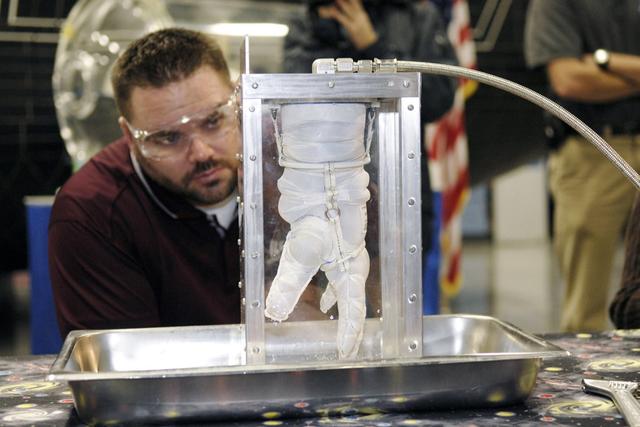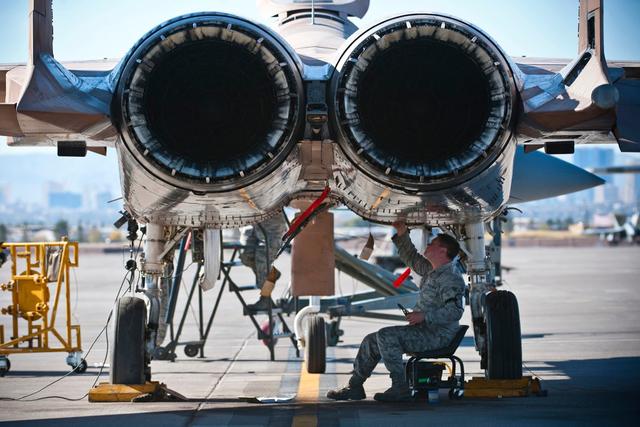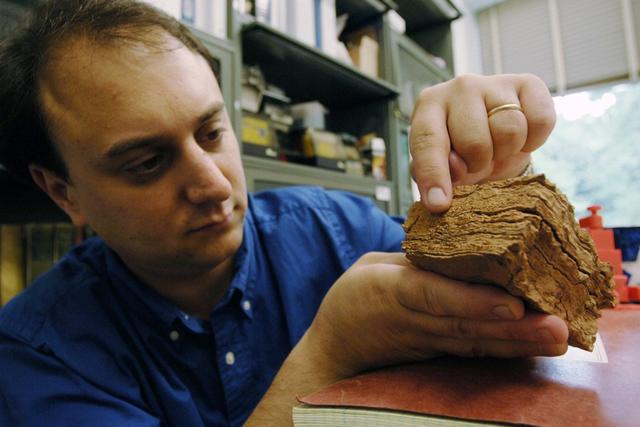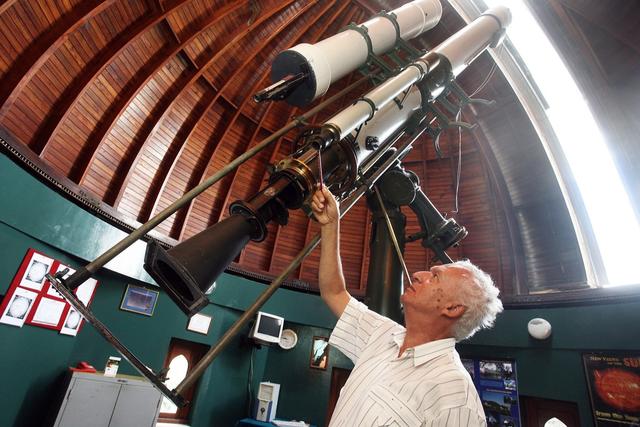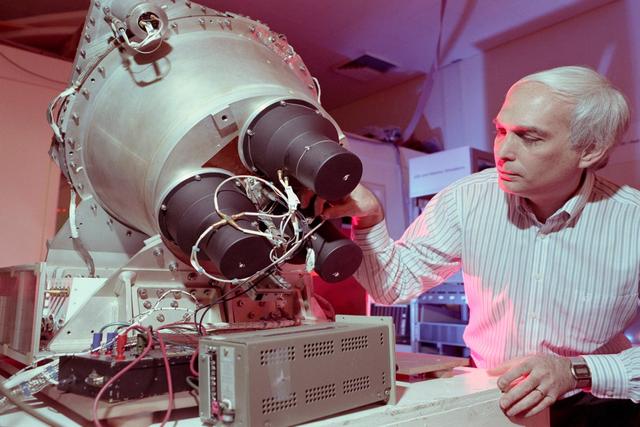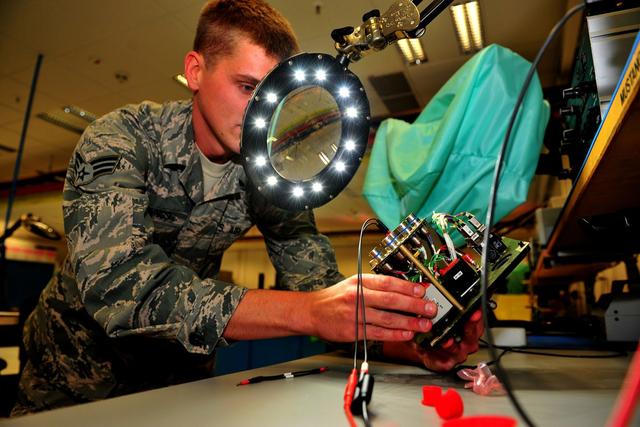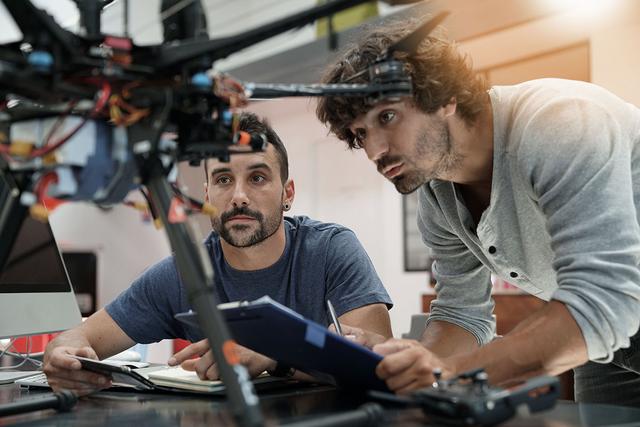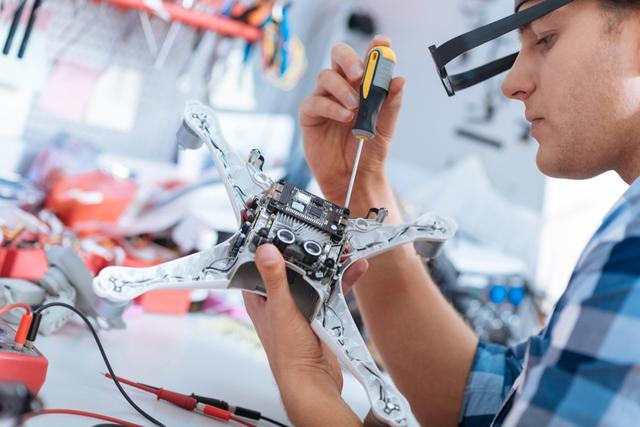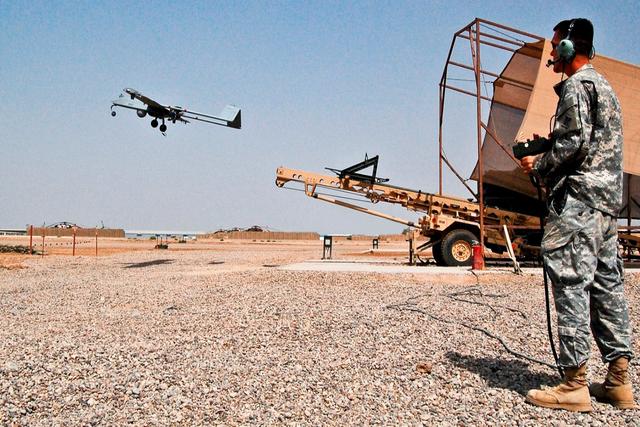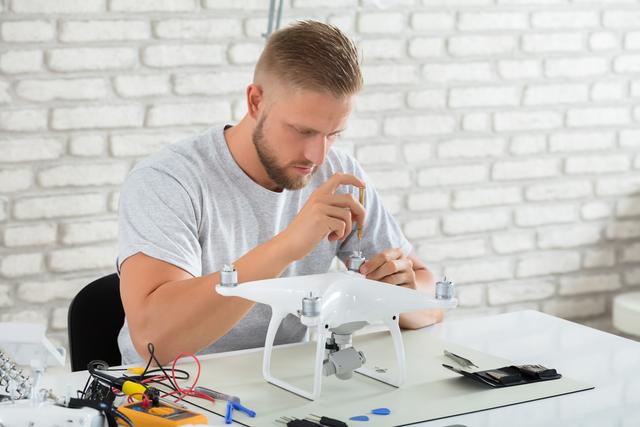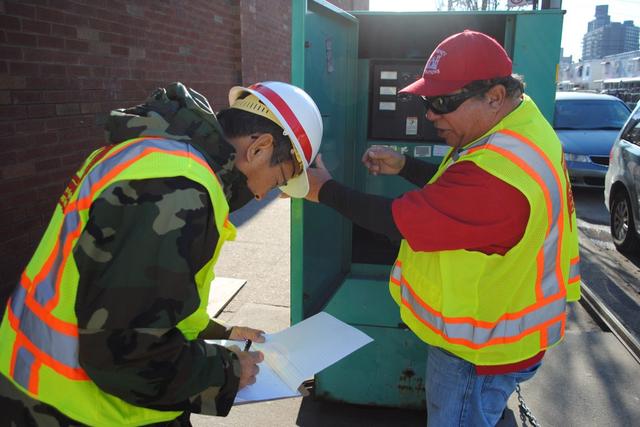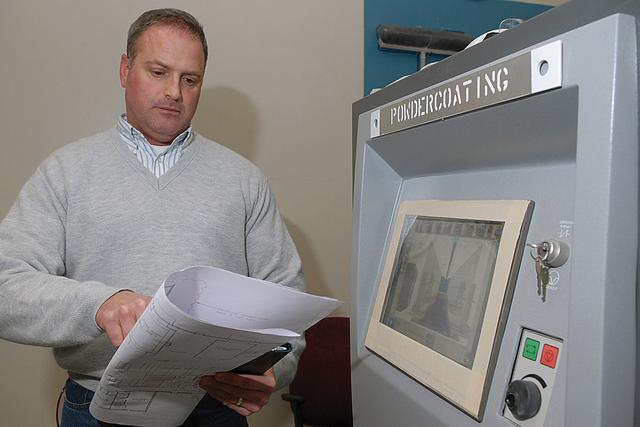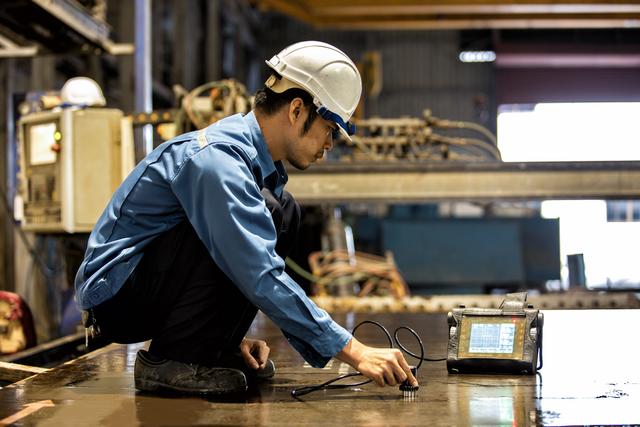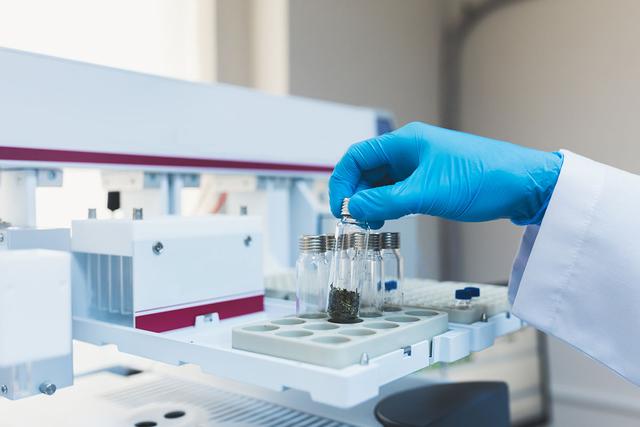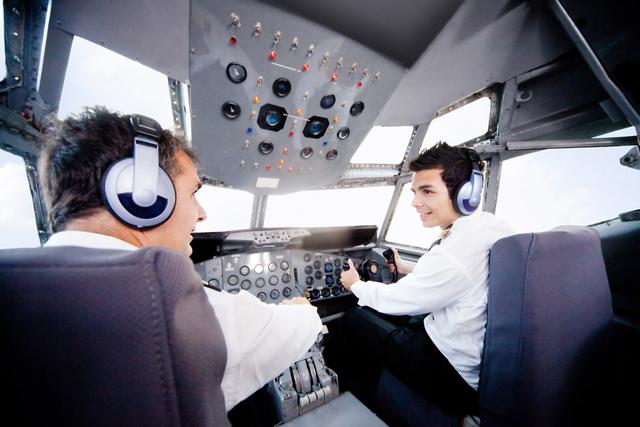Astronauts
Overview

Introduction
Astronauts conduct experiments and gather information while in space flight, including on the International Space Station. They also conduct experiments with the spacecraft itself to develop new concepts in design, engineering, and the navigation of a vehicle outside the Earths atmosphere. Astronauts are employed by NASA, other government-funded space agencies, and private space companies such as Space X and Blue Origin.
Quick Facts
Median Salary
Employment Prospects
Minimum Education Level
Experience
Skills
Personality Traits
Earnings
Astronauts who are employed by NASA begin their salaries in accordance with the U.S. government pay scale. Astronauts enter the field at a minimum classification of GS-11, which in 2024 paid a minimum of $62,107, according to the Office of Personnel Management General Schedule. As they gain experience, astronauts may advance up the classification chart to peak at GS-14, which pays between $104,...
Work Environment
Astronauts do work that is difficult, challenging, and potentially dangerous. They work closely as a team because their safety depends on their being able to rely on one another. They work a normal 40-hour week when preparing and testing for a space flight, but, as countdown approaches and activity is stepped up, they may work long hours, seven days a week. While on a mission, of course, they w...
Outlook
Only a very small number of people will ever be astronauts. In fact, there were more than 12,000 applicants for the 2021 astronaut candidate class, according to NASA. Only 12 candidates were accepted. The small number of astronauts is not likely to increase significantly in the near future, even with growth of the commercial space industry. The retirement of the space shuttle and lack of a read...

